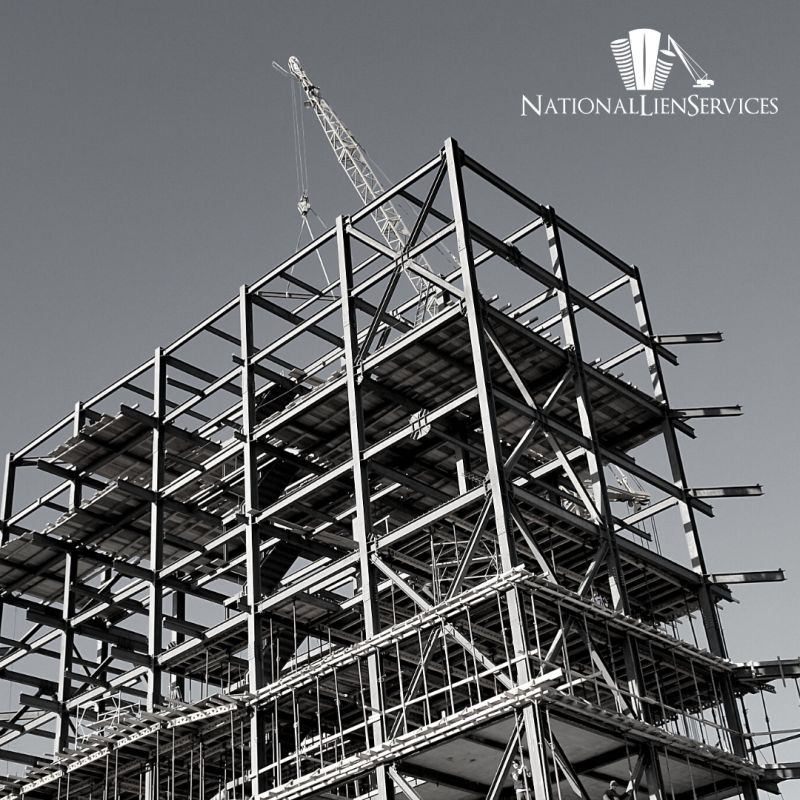Our Guide to Preliens, Waivers, Mechanic's Liens, and Bond Claims in Alabama
 Alabama
Alabama
Questions? Contact Us
This is an overview of the state's statutory approach to lien law and what contractors might want to focus on to ensure lien rights are established timely, correctly, and effectively.
While we are happy to provide this guide as a quick reference, we HIGHLY encourage that you work with a construction attorney to help you with your particular circumstances in our complex construction lien law environment.
Alabama Quick Overview
| Pursuant Code | Ala. Code §§ 35-11-210 et seq. | |
| Prelien Required for Private/Commercial Projects | Yes | |
| Prelien Required for Public Projects | No | |
| AL Statutory Relief | Unpaid Balance | |
| Lien Milestone Event | Last furnishing/last invoice | |
| Lien Enforcement Deadline | 120 to 180 days | |
| Waivable Lien Rights | No | |
| Supplier to Supplier Rights | Likely No | |
| Prelien Document Name(s) | Notice to Owner Prior to Performance, Notice of Unpaid Lien | |
| Prelien Minimum Information | Identification of the claimant, amount claimed, property description, and statement of intent to claim a lien. | |
| Prelien Minimum Notifications | Owner, Construction Lender | |
| Prelien Recording Requirement | No | |
| Prelien Notarized | No |
Understanding the Prelien Process on Construction Projects in Alabama by Role
In Alabama, prime contractors are not required to give a preliminary notice, but subcontractors and suppliers must serve a Notice of Intent to Claim Lien before providing materials or filing a lien, depending on their role.
Mechanic's Liens in Alabama
Alabama recognizes two primary types of mechanic's liens on private and commercial projects: the Full Price Lien and the Unpaid Balance Lien. A Full Price Lien is available to material suppliers who provide a written notice to the property owner before delivering materials, identifying the materials and their prices. If the owner does not object, the supplier may claim a lien for the full price. All other parties (including subcontractors) may claim an Unpaid Balance Lien, limited to the amount the owner still owes to the direct contractor. Preliminary notices for unpaid balance claims must be served before filing a lien. General contractors must file a verified statement of lien within 6 months of last furnishing labor or materials; subcontractors and suppliers within 4 months; and laborers within 30 days. To enforce the lien, a lawsuit must be filed within 6 months of the maturity of the entire debt. Proper licensing is required to assert lien rights in Alabama. Second-tier suppliers (e.g., suppliers to suppliers) generally do not have lien rights.
Bond Claims in Alabama
On public projects in Alabama, lien rights are not available. Instead, unpaid subcontractors, laborers, and material suppliers may assert a bond claim under Alabama's 'Little Miller Act' (Code of Ala. § 39-1-1), which requires a payment bond on public works contracts exceeding $50,000. A written notice of claim must be sent to the general contractor (and optionally the public entity) within 45 days of last furnishing labor or materials. A lawsuit to enforce the bond claim must be filed within 1 year of the final settlement of the project. Only first-tier subcontractors and suppliers to the prime contractor are clearly protected under this statute; second-tier parties may face enforcement limitations.
Construction Lien Waivers in Alabama
Required Format: Alabama does not require any specific statutorily required verbiage to be valid but be sure to check with your constuction attorney and consult any relevant state statutes.
Required Notarization: Alabama does not require waivers to be notarized.
Alabama recognizes lien waivers, which may be required at various stages of the project. The waiver must be clear and unambiguous. Conditional waivers may be enforceable if tied to receipt of payment.
Learn more about waivers here, including the when and how to use various types of waivers, the difference between a Lien Waiver and a Lien Release, what to look for before signing, and more.
- As a client, you'll have free access to our system that easily creates statutorily correct lien waivers.
- Through our technology partner Prelien Pro, you can also access best-in-class lien waiver management software, allowing you to easily track, collaborate, and share lien waivers with all your trade partners.
Assessors' websites in Alabama counties
Most often, the county Assessor's office is the 'go-to' resource for finding online lien-related information for construction project parcels, including ownership records, special warranty deeds, and more. Counties that we've not yet found online (those with '*') link to a Google search for your convenience.
Other Important Construction Links in Alabama
Frequently Asked Questions (FAQs) on Alabama Lien Processes for Contractors
What type of lien rights do I have in Alabama as a subcontractor or supplier?
In Alabama, you may qualify for an Unpaid Balance Lien if you do not contract directly with the property owner. This type of lien is limited to the amount the owner still owes the general contractor. Material suppliers may qualify for a Full Price Lien if they notify the property owner in writing of the materials and prices before delivery, and the owner does not object.
When do I need to file a mechanic's lien in Alabama?
Lien deadlines vary by role: general contractors must file within 6 months of last furnishing labor or materials; subcontractors and suppliers must file within 4 months; and laborers must file within 30 days. All claimants must file a verified statement of lien in the probate court of the county where the property is located.
Do I need to serve a preliminary notice in Alabama?
Yes, if you are a subcontractor or material supplier seeking an Unpaid Balance Lien, you must serve a Notice of Intent to Claim Lien before filing. If you are a material supplier pursuing a Full Price Lien, you must serve a written notice to the property owner before supplying materials.
Can I file a lien if I am not licensed in Alabama?
No. Alabama requires that contractors and subcontractors be properly licensed to maintain lien rights. Unlicensed parties generally cannot enforce a mechanic's lien.
What if the project is public and not private--do I still have lien rights?
You do not have lien rights on public projects in Alabama. Instead, you may be able to make a claim against the general contractor's payment bond under Alabama's 'Little Miller Act' (Code § 39-1-1). A notice of claim must be sent within 45 days of last furnishing labor or materials, and a lawsuit must be filed within 1 year of final project settlement.
We Set the Standard for the Construction Industry
Not only do we provide you with the tools, knowledge, and team to ensure you feel confident your rights are secured, but we're prepared for the trenches and ready to coordinate with your legal team when things "go sideways" on one of your projects.

